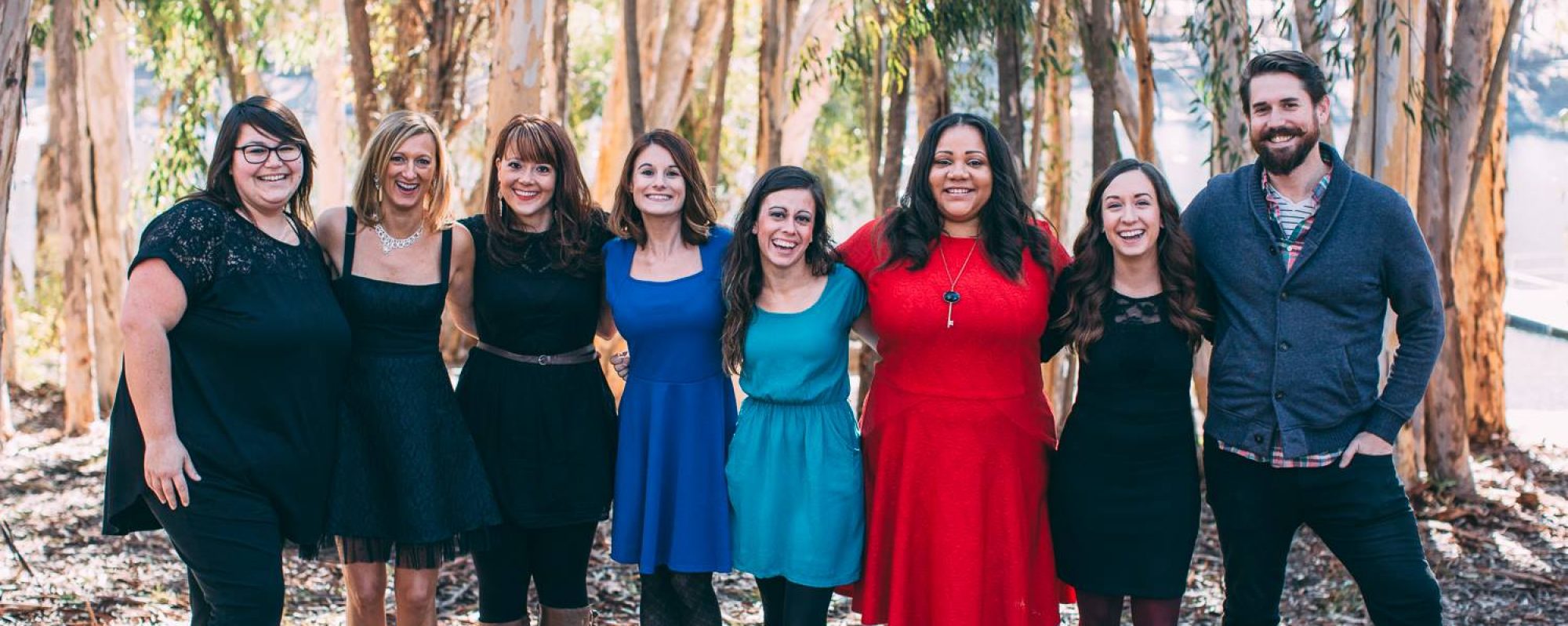Client – a person or organization using the services of a professional person or company
I’m very glad that I got this word for my blog entry. I find that a big part of the purpose of these blog entries is to look at a word, usually a musical word, and see how it relates or apply to my work as a music therapy intern. Well, it doesn’t get more applicable than the word “clients” because that is exactly what I’m in this job for. There are many parts that I love about this internship. I love being able to say that I get to play drums and guitar with kids, teenagers, and elderly people for my job, but there is so much more to it than that. I am in music therapy for many different reasons, but to help improve the lives of my clients, above all. This job has a lot of pleasant parts as well as difficult parts, and that is one thing that I can say keeps me going through a lot of the stresses and challenges of this position; knowing that at the end of the day, I am doing this to help improve the quality of someone’s life.
Mark

